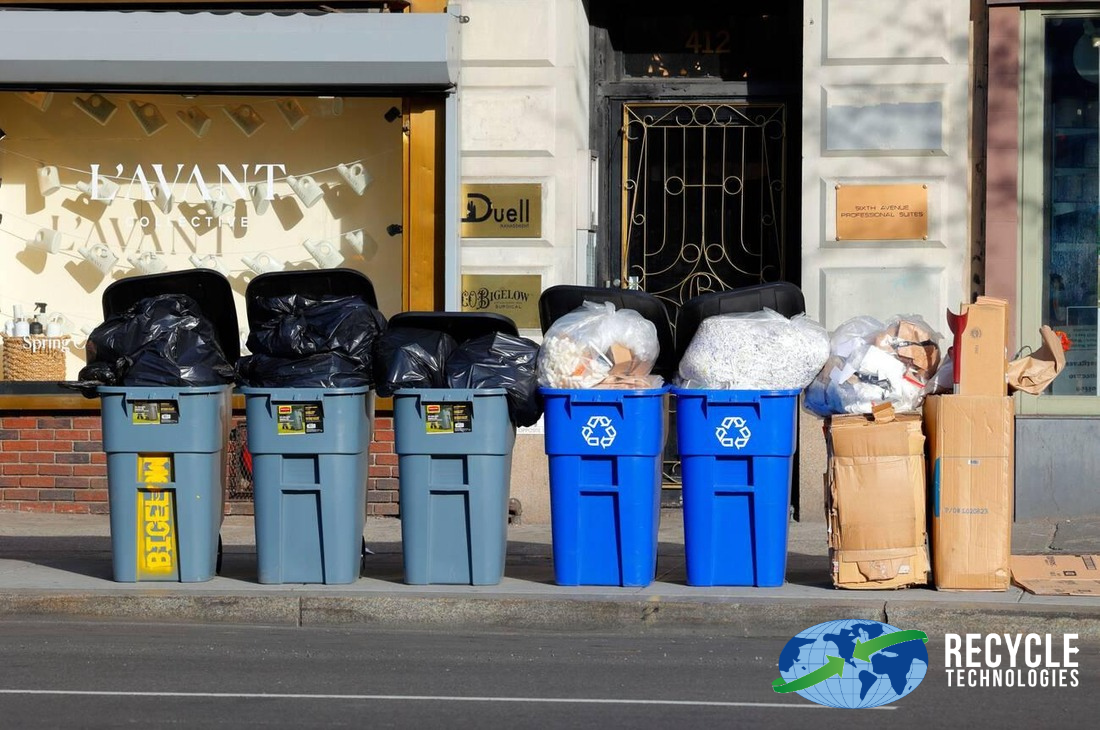Commercial Recycling of Your Electronics
You would never want your business to contribute to a growing global crisis, right? Electronic waste also known as e-waste, is speedily taking its toll on the environment and the population caused in it. So, do you really want to know how can your business handle e-waste responsibly? Let us get aware of the commercial recycling of your electronics and recycling regulations properly.
All of the commercial e-waste disposal laws differ from state to state and are often stricter than the federal laws. You may know a lot more about regulations in your area, all you have to do is to visit the National Center for Electronics Recycling. You need to be aware of the fact that there are unique obligations under federal and state law on the subject of handling of harmful wastes contained within abandoned appliances, and that it is all your company’s accountability to identify these materials preceding to disposal.
Some examples of components that are considered hazardous waste includes cathode ray tubes (CRTs) that are used in monitors and TVs, cell phones and other hand held devices, and many more. You should also know that reused, refurbished, or recycled items are often exempt from hazardous waste classification.
Understanding of quantity
Over 100 kilograms Facilities generating more than 100 kg (about 220 pounds) in a month of dangerous waste that are regulated by state and federal disposal laws and must be sent to a permissible hazardous waste landfill.
Under 100 kilograms Less than 100 kg of material per month are not needed to be treated as dangerous waste unless state laws require more stringent management.
Commercial e- waste recycling and disposal options include:
1. EPA certified electronics recyclers.
Sadly, not every e-waste recycler supports good, environmentally friendly disposal procedures. As a result, the EPA promotes both businesses and people to opt for licensed recyclers, such as those endorsed by the EPA’s two standards programs: e-Stewards and R2. For a map of certified electronics refurbishes and recycling facilities, see the EPA’s certification map.
2. Government supported events.
State, county, and local waste management centers may present specific programs and events as a public service that may be possibly free, for responsibly disposing of electronic and dangerous waste.
3. Retailer pickup.
In case you have freshly purchased a large electronic or appliance from a store, you need to be sure to investigate about pickup and recycling options that are available to your business. Many of the shops offer free pickup and clearance of your old electronics with delivery of your new purchase.
4. Donations and charities
Many items in the past utilized by your business can be given a second life through donations and charities. Generosity, Salvation Army, and an array of other charities give businesses and customers in the same way an inexpensive alternative to new items, as well as keeping them out of the landfill. In addition, offered items may be used to provide basic goods and services.
5. Resale.
We should really be thankful for today’s technology; it is easier than ever to reach a wide array of businesses and people who may be able to give new life to your old electronics. If you have got a little time to spend and would not mind a few extra dollars added to your business’ books, try to list your used electronics on Craigslist, eBay, in the local paper or with a trade organization.
Do not neglect security.
Confidential and personal and business information stored on your used electronic devices that has not been securely demolished causes a huge risk and the risk of civil lawsuits if consumer information is negotiated. Health care and financial companies are more likely to be at risk. Be sure to store and dispose of this confidential information properly to avoid federal laws and consequences.









